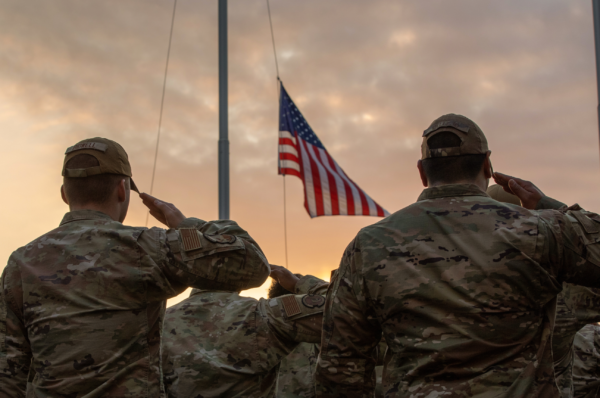
(Photo: Air Force Yasuo Osakabe)
Newly published research by RAND examines the challenges faced by Veterans with Other Than Honorable, OTH, discharges.
These Veterans are more likely to suffer from mental health issues such as generalized anxiety, depression, PTSD, traumatic brain injury, and substance misuse compared to those with honorable discharges. The risks of homelessness and suicide are more than double for Veterans with OTH discharges.
The number of OTH discharges has increased over time, especially among Veterans from Operation Enduring Freedom, Operation Iraqi Freedom, and Operation New Dawn. These discharges often make Veterans ineligible for VA benefits and health care services, worsening their vulnerabilities.
Veterans with OTH discharges face elevated rates of mental health disorders, unemployment, substance misuse, homelessness, and incarceration. The study suggests that these Veterans, especially those with service-related PTSD and traumatic brain injury, often remain untreated, leading to maladaptive behaviors and worsening conditions. Some public health scholars argue that these Veterans need more access to health care and social services. Unfortunately, the stigma and challenges associated with OTH discharges can result in feelings of shame and low self-worth, potentially explaining the high suicide rates within this group.
OTH discharges disproportionately affect Veterans with service-related injuries like PTSD and traumatic brain injury, as well as Black and LGBTQ+ Veterans. General (Under Honorable Conditions) discharges are given to those who performed well but did not meet the criteria for an Honorable discharge, comprising roughly 10% of all discharges. More severe discharges such as Bad Conduct, Dishonorable, and Dismissal significantly impact future employment opportunities, especially in fields related to military training.
The process for reviewing and potentially upgrading discharges is complex and time-consuming, taking between 10 to 18 months with varied success rates. Consequently, many Veterans with OTH discharges do not seek or obtain an upgrade, which further restricts their access to necessary benefits and services.
The study recommends improving the discharge characterization process through structured checklists and independent medical evaluations, especially for mental health conditions. Enhanced coordination between the VA and DoD is also suggested, along with a visualization tool to clarify benefit eligibility for Veterans with OTH discharges.
Additionally, VSOs are encouraged to include Veterans with OTH discharges in their mission and eligibility criteria. Providing support such as social connections, mental and physical health care, employment assistance, and education can significantly help this population. Training staff members on discharge status and the specific needs of those with OTH discharges can aid in reducing stigma, ensuring these Veterans receive the support they require.